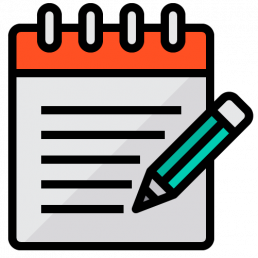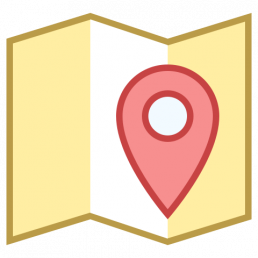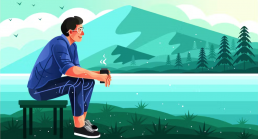Observer Training
How to observe with all of your senses
As an Eclipse Soundscapes Observer, and as a scientist, it is important to observe with all of the senses available to you. On eclipse day, make sure to put away your phone and other electronic devices while you observe (unless you are using your device to take notes). Concentrate on each sense available to you. This will be different for everyone.
Video Time: All 0:00-1:40 of this video will play for this lesson.
What do you hear? What do you see? What do you feel? Take notes so you don’t forget. If you heard insects, do you know what kind? If you saw an animal, do you know what kind? Write down all of the details so you have them for later!
Eclipse Soundscape Observers should pay special attention to changes from right before eclipse maximum to during eclipse maximum. Did you hear animal sounds increase or decrease? Did it get hotter or colder? Did you notice any insect or animal behavior changes?
Eclipse Soundscapes Observers should also write the day and time that they started and stopped observing and information about the location. Location information includes city, suburb, or rural and a description of the surroundings – are you near a river or lake? In a field? In a park? etc.
Observer Practice
Observe in a multi-sensory way right now by following these steps:
1.Use a notebook or notes app.


2. Write date & start time.




3. Write Location information:


- Latitude and longitude?
- City, suburb, or rural location?
- Describe: park, field, near river, etc?
4. Quietly observe with all of the senses available to you.


5. Write down your observation stop time and your observations!


Vocabulary
rural – a place outside a town or city with not many people, countryside.
Discuss
After you practice observing, talk about your observations with a friend.
Even if you both observed at the same time and in the same location, you might have different observations. This is because everyone notices different things. That is why we need everyone’s help with Eclipse Soundscapes! Different people notice different things and it is all important scientific information!